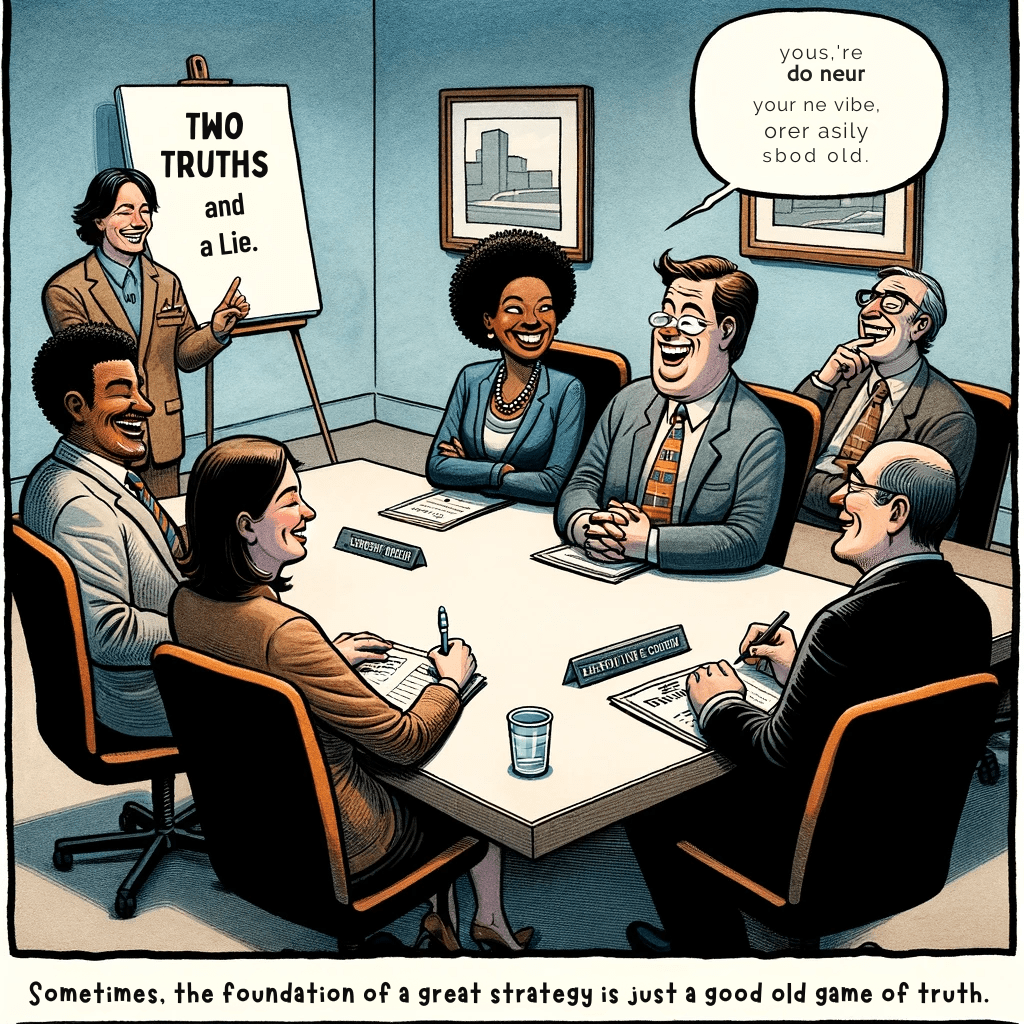
Establishing a Foundation of Trust
In the world of leadership and executive coaching, few elements are as vital as activities to build trust in a teams. Trust acts as the cornerstone of team efficiency and effectiveness, fostering a culture of open communication and mutual respect. Research by Google’s Project Aristotle, which analyzed data from hundreds of teams, found that psychological safety, a key component of trust, is the most critical factor in high-performing teams.
Encouraging Open Communication
One effective strategy to cultivate trust is to encourage open communication. Leaders can set the stage by sharing their own experiences and vulnerabilities. This approach, highlighted in a study by the Harvard Business Review, demonstrates that when leaders are open, team members feel safer to express their ideas and concerns. It’s a ripple effect that enhances collective problem-solving and innovation.
Developing Empathy Through Team Building Activities
Team building activities that focus on empathy and understanding are crucial. For instance, activities like ‘Two Truths and a Lie’ enable team members to learn about each other in a fun, engaging way, breaking down barriers and fostering empathy. A study by the Center for Creative Leadership showed that empathy, understanding team members’ thoughts and feelings, plays a significant role in building trust.
Implementing Collaborative Problem-Solving Exercises
Another powerful tool is engaging in collaborative problem-solving exercises. These activities require team members to work together towards a common goal, understanding each other’s strengths and weaknesses. This collaborative approach not only builds trust but also enhances team cohesion, as noted in a study by the American Psychological Association.
Creating a Feedback-Rich Environment
A feedback-rich environment is essential for trust-building. Regular, constructive feedback sessions help team members understand their impact on the team and the value of their contributions. As per a report by Gallup, teams that receive feedback regularly exhibit higher levels of trust and engagement.
Executive Coaching: Enhancing Trust-Building Strategies
Executive coaches play a pivotal role in guiding leaders on how to implement these strategies effectively. Coaches can provide personalized insights and techniques to foster an environment of trust. They can assist in developing activities tailored to the unique dynamics of a team, ensuring the strategies resonate and are effective.
The Path to a Trust-Centric Team
In conclusion, activities that build trust are a cornerstone of effective team dynamics. From open communication and empathy-building exercises to collaborative problem-solving and a feedback-rich environment, these strategies are crucial for any team’s success. If you’re looking to enhance your team’s performance, consider reaching out to CO2 Coaching for executive coaching that can help transform your team’s trust dynamics.



